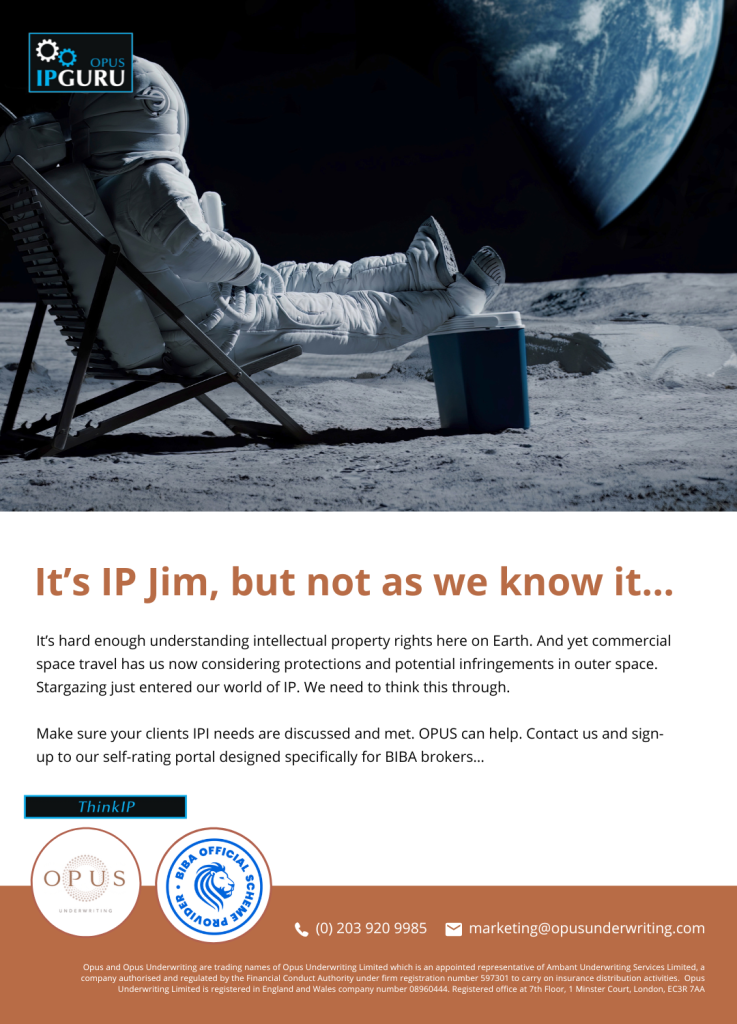Space…the final frontier
Return to Tomorrow
Did you ever lie there in bed, 11 years old, probably on a Sunday morning and concern yourself with the enormity of space. The unendingness, the limitlessness and then did you spook yourself into planting that thought in a box, closing the lid tight and vowing not to go there again because it raised more questions than answers for your formative brain to comprehend. It was scary then and remains so, because we live in a world where everything has a beginning, a middle and most importantly and end, whether that’s a train or a train of thought.
Leave the box-diving to professional astro-physicists like Dr Brian Cox. He loves it in that box and it’s pretty much his home (post popular musician). He’s made a boomerang career out of making sense of its contents. Where others fear the astro-theoretical rope bridge spanning the deepest chasms of the human mind, he’s up there gambolling across it like it’s just a regular game of Hopscotch on terra firma.
I say all of this by way of introduction to extraterrestrial intellectual property. Yes – it’s a thing.
Wolf in the fold
IP rights were a tad easier to fathom when space exploration was led by national institutions. Now the pioneering privateers have gone and complicated it all by entering the fray. Those pesky, meddling billionaires. The Musk/Branson/Bezos dynamic. We are no longer in the quaint realms of Jamaican bob-sleigh team territory (as in interesting – but not disruptive), these guys with their ‘squillions’ are actually doing it! They are most probably the future of space travel successfully competing and working alongside national programmes. With their investments and capabilities, they explore space and rapidly develop space technology. As inevitable as the Earth’s orbit of the sun, they have a lot of tech and IP to protect.
So, we know intellectual property rights (IPR’s) are important in space, but they are devilishly difficult to protect up there, largely due to there being no established frameworks for defending intergalactic IPR’s. In addition, we collide with space laws and international treaties.
Journey to Babel
It’s far from clear how IPR’s, including patents, can be protected in outer space given there is no recognized structure. It’s quite uncertain how a dispute might be resolved.
Patents, for example, are territorial here on Earth. That is, enforceable within the country or region in which they are granted. Watch out Lieutenant Sulu, here comes the Outer Space Treaty! Signed by over 100 countries it established that outer space (100km above the Earth – the “Karman Line”) is not subject to national appropriation by claim of sovereignty, “…by means of use or occupation, or by other means.” All this boils down to no signatory country being able to claim ownership of a specific location in space or exploit the natural resources of celestial bodies such as the Moon or Mars – so, now you know. Planting a flag won’t help you.
A space tech patent might be enforceable within the boundaries of the granting country but, it seems, such patents wouldn’t give the holder any exclusive rights to use patented technology or process in outer space. Jurisdiction for enforcement is like navigating a way through an asteroid belt.
It’s questionable whether national IP laws extend to objects registered and launched into outer space. To compound matters and muddy the waters even more, in the absence of explicit universal rules and under several international agreements concluded with respect to international space projects, registered space objects are treated as quasi-territory for the purposes of intellectual property. Hmmm…not sure that helps us, perhaps because it doesn’t.
Mirror, Mirror
There has been much air and effort expended by many august bodies, including the United Nations, on the legal status of physical property such as spaceships and satellites in outer space. It’s a subject well studied and covered by many multilateral agreements between nations. Even so, you couldn’t say the framework determining the laws on space objects was universally accepted. When it comes to holding a mirror to intangibles such as IP, a set of uniform and reliable laws simply don’t exist. There is much work to be done to build a sensible set of rules in this field of law. Volunteers, please form an orderly queue. But if the’re not built and IPR’s in the space exploration field are not protected, private sector participation will be unattractive and could stunt the development of successful space business models. Something must be done, and soon, if this private space exploration model is to survive and fulfil the ambition so many have for it.
The Trouble with Tribbles
IP and space – it’s a dizzying mix. So many challenges lay ahead mostly associated with patents in the context of space exploration. There is dire need for a more comprehensive legal charter to govern activities in outer space. As with AI, best not to design it for ‘after-market’ fitting. If ignored, it’s quite possible commercialised space travel and exploration will hit trouble, hampering private investment and collaborations. Inventors and private companies will want and expect well-defined IP regulations to safeguard their interests and investment if they are to responsibly continue the development of space activities. Seems like a fair deal given it’s their money and their risk. Once the thrill of the billionaire-owners first flight into space wears off, and it will, expect demands, not cuddles.
Assignment Earth
It looks like we need to boldly go where no IP has gone before. Starting here on Earth in our IP registration institutions and IP courts. We need a Brian Cox-style IP solution to deliver some clarity and understanding on this space theory legal headache.
It’s time to open the box.
Murray Fairclough
Marketing Director
OPUS Underwriting Limited
+44 (0) 780 145 9940
underwriting@opusunderwriting.com
With research by Ben Fairclough







